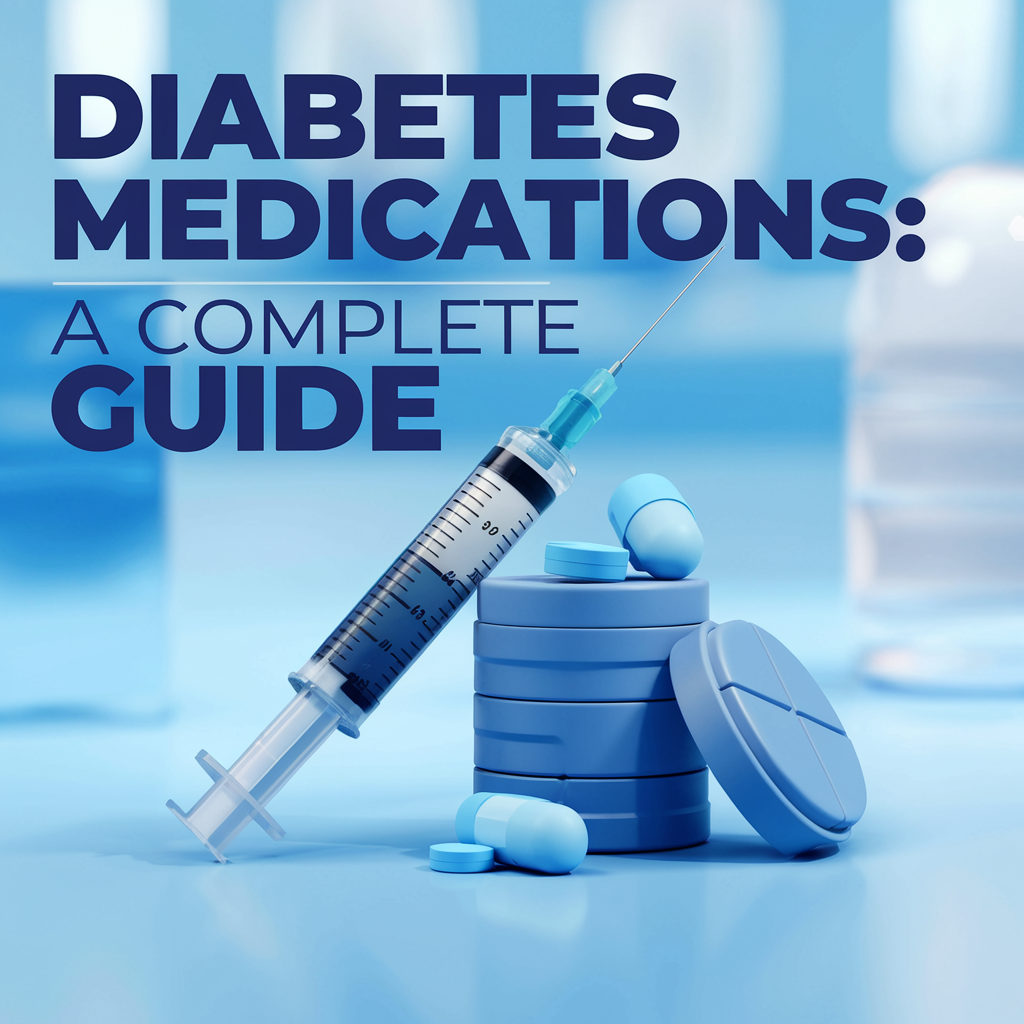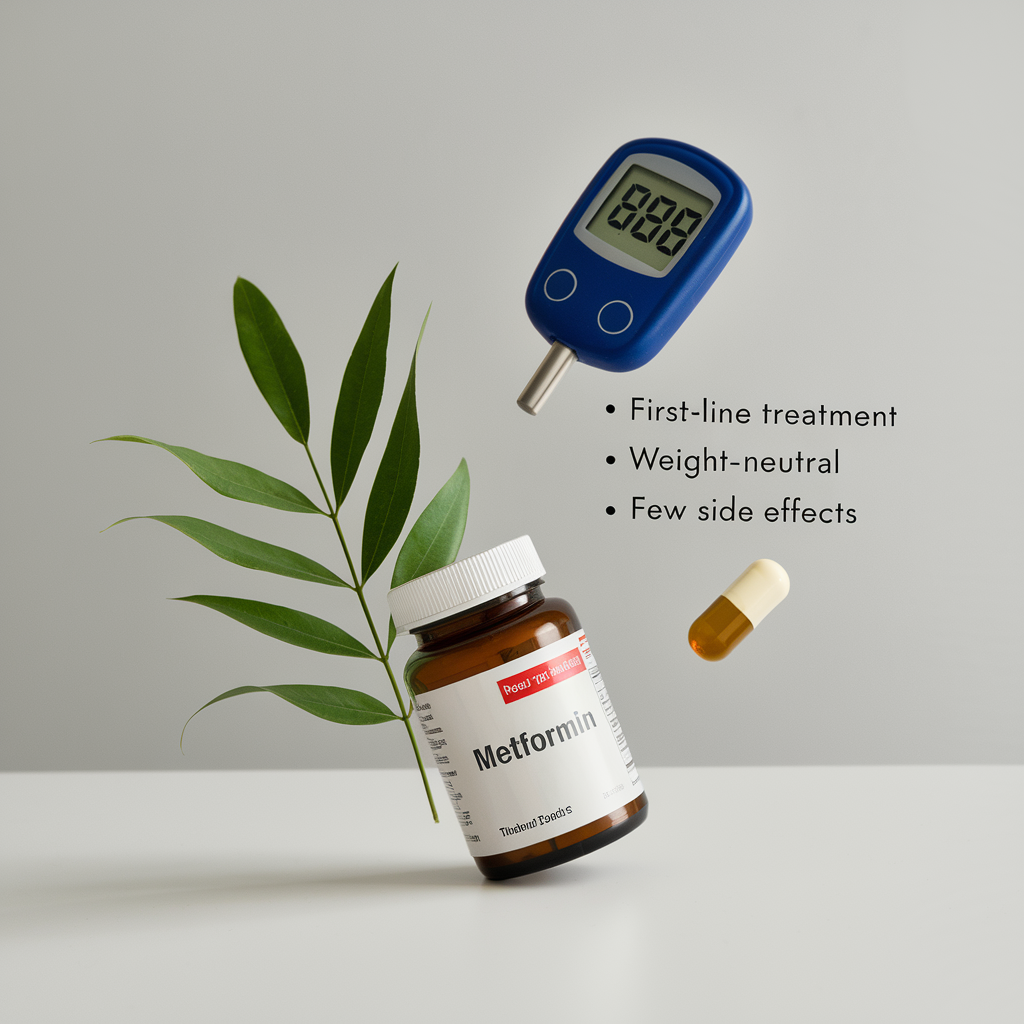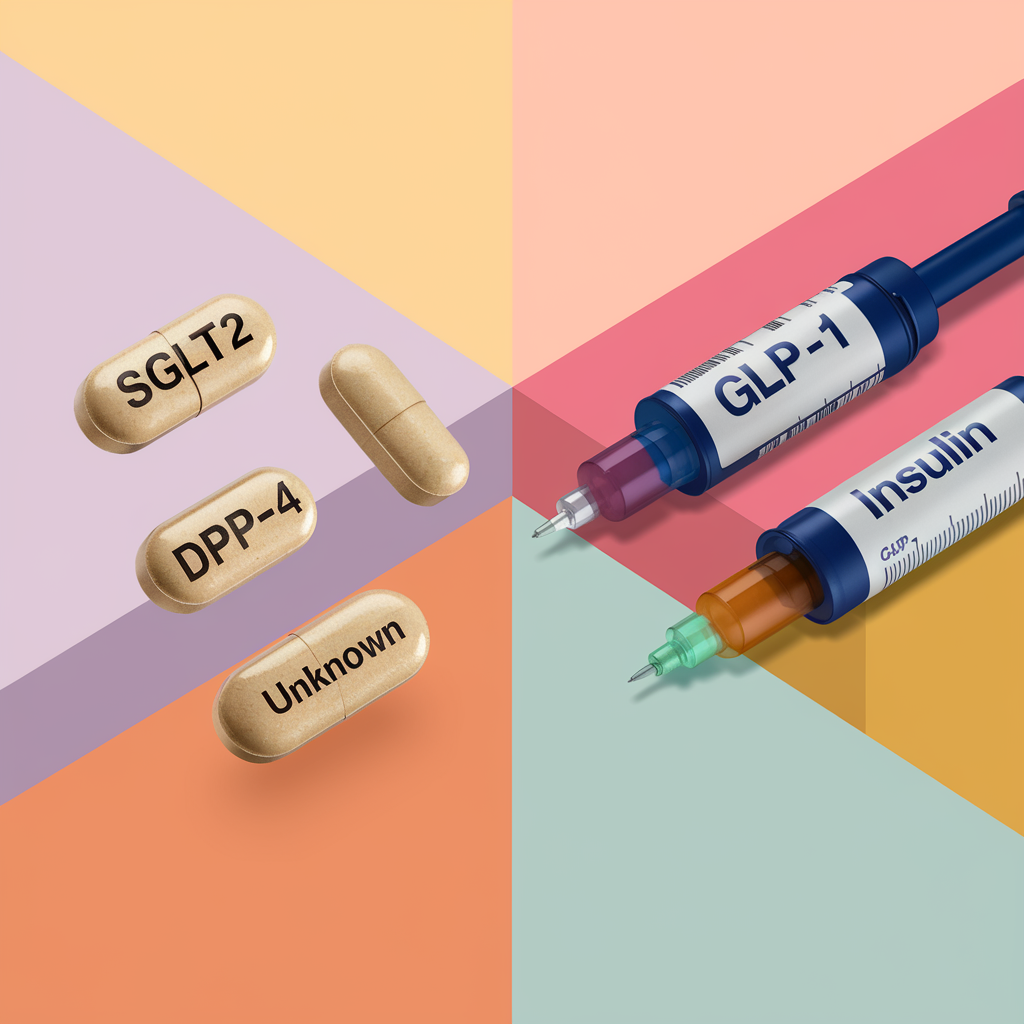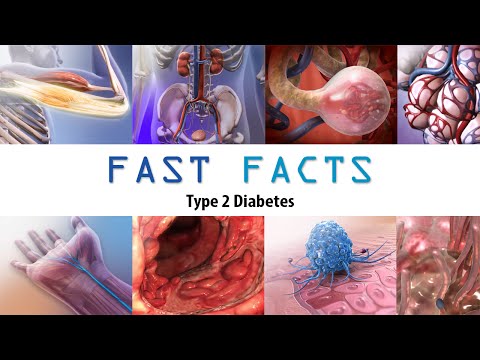Managing diabetes medications effectively is crucial for controlling Type 2 diabetes, a chronic metabolic disorder characterized by insulin resistance and impaired insulin production. Major causes include genetics, obesity, and lifestyle factors, while complications like heart disease, neuropathy, and kidney damage make proper treatment essential. This guide explores the best diabetes medications, their benefits, side effects, and how they fit into a holistic management plan.

The Role of Medication Alongside Diet and Exercise
While lifestyle changes (diet, exercise, and weight management) are foundational, diabetes medications are often necessary to maintain healthy blood sugar levels and prevent complications. The right medication can enhance insulin sensitivity, reduce glucose production, and improve long-term health outcomes.
First-Line Treatment: Metformin
Metformin is often considered the first-line treatment for people with type 2 diabetes due to its effectiveness in managing blood sugar levels. This diabetes medicine works primarily by improving insulin sensitivity and reducing glucose production in the liver, making it an ideal choice for the treatment of diabetes mellitus. The American Diabetes Association recommends metformin as part of a comprehensive approach to treat type 2 diabetes, particularly for those who are overweight or have not achieved adequate control with diet and exercise alone.
While people with type 1 diabetes typically require type of insulin therapy, people with diabetes diagnosed as either type 1 or type 2 may benefit from various diabetes medications. Oral diabetes medications such as metformin is one of the most commonly prescribed diabetes drugs. Many people with type 2 diabetes may find that medications work alongside lifestyle changes, providing a well-rounded treatment of type 2 diabetes.
Additionally, diabetes may also require the use of injectable medications for type 2 diabetes, especially when oral agents alone do not suffice. As part of a broader list of common diabetes medications, antihyperglycemic medications like metformin play a crucial role in maintaining optimal blood glucose levels and mitigating the risks associated with prolonged diabetes mellitus. Understanding the types of diabetes medications available allows for tailored and effective diabetes treatment plans for people with type 2 diabetes.
How Metformin Works

Metformin primarily works by enhancing insulin sensitivity in peripheral tissues, reducing hepatic glucose production, and improving peripheral glucose uptake. This action helps lower blood sugar levels without significant risk of hypoglycemia.
Benefits of Metformin
– Weight-Neutral: Unlike some diabetes medications, metformin is generally weight-neutral or even may promote modest weight loss.
– Cardiovascular Protection: Metformin has shown cardiovascular benefits, especially in overweight or obese individuals with type 2 diabetes.
Common Side Effects
– Gastrointestinal Issues: Common side effects include nausea, diarrhea, and abdominal discomfort. These can often be managed by starting with a low dose and gradually increasing it.
– Vitamin B12 Deficiency: Long-term use of metformin may lead to vitamin B12 deficiency. Regular monitoring of B12 levels is recommended.
Dosage Guidelines and Contraindications
Typical starting doses range from 500 mg to 1000 mg daily, adjustable based on tolerance and glucose control. Contraindications include severe renal impairment, active liver disease, and history of lactic acidosis.
Other Oral Medications for Type 2 Diabetes

Sulfonylureas
– Examples: Glipizide, Glyburide
– Mechanism: Stimulate pancreatic insulin secretion.
– Pros: Effective at lowering blood sugar.
– Cons: Risk of hypoglycemia and potential weight gain.
Meglitinides
– Examples: Repaglinide
– Mechanism: Rapid-acting stimulators of insulin secretion, taken with meals.
– Pros: Flexible dosing aligned with meal times.
– Cons: Shorter duration of action may require more frequent dosing.
Thiazolidinediones (TZDs)
– Examples: Pioglitazone
– Mechanism: Improve insulin sensitivity in muscle and fat tissues.
– Pros: Can help with lipid profiles.
– Cons: Risks include fluid retention, weight gain, and potential for bone fractures.
DPP-4 Inhibitors
– Examples: Sitagliptin
– Mechanism: Increase endogenous incretin levels, enhancing glucose-dependent insulin secretion.
– Pros: Generally weight-neutral with a low risk of hypoglycemia.
– Cons: May cause pancreatitis and joint pain.
SGLT2 Inhibitors
– Examples: Empagliflozin, Canagliflozin
– Mechanism: Inhibit glucose reabsorption in the kidneys, leading to increased glucose excretion.
– Pros: Benefits include weight loss, cardiovascular protection, and renal health.
– Cons: Increased risk of urinary tract infections and dehydration.
Injectable Diabetes Medications
GLP-1 Receptor Agonists
– Examples: Semaglutide, Liraglutide
– Mechanism: Mimic incretin hormones to stimulate insulin secretion, inhibit glucagon release, and slow gastric emptying.
– Benefits: Significant weight loss and cardiovascular risk reduction.
– Considerations: May cause gastrointestinal side effects; contraindicated in individuals with a personal or family history of medullary thyroid carcinoma.
Insulin Therapy
– When It’s Needed: Insulin therapy may be necessary for individuals who cannot achieve adequate blood sugar control with oral medications or those with advanced diabetes.
– Types:
– Basal Insulin: Provides background insulin coverage.
– Bolus Insulin: Taken before meals to control postprandial blood sugar spikes.
– Premixed Insulin: Combination of basal and bolus insulin.
– Administration Tips: Education on self-monitoring, injection techniques, and understanding the insulin types is vital.
Combination Therapies
When and Why Doctors Prescribe Multiple Medications
Combining different diabetes medications can enhance efficacy, reduce side effects, and target multiple pathways in glucose control. For example, a common combination is metformin with an SGLT2 inhibitor, providing complementary benefits with a reduced risk of side effects.
Lifestyle and Complementary Approaches

Importance of Diet and Exercise
– Diet: Low-carbohydrate diets and the Mediterranean diet have shown promise in managing diabetes. Emphasis on whole foods, fiber, and healthy fats is crucial.
– Exercise: Regular physical activity improves insulin sensitivity, aids in weight management, and enhances cardiovascular health.
Monitoring Blood Sugar Levels Effectively
Regular blood glucose monitoring helps in understanding patterns and making timely adjustments in medication and lifestyle choices.
Emerging Treatments and Future Directions
New Drug Classes in Development
Research is ongoing into new classes of diabetes medications, including dual GIP and GLP-1 receptor agonists and novel mechanisms targeting insulin resistance.
Personalized Medicine in Diabetes Care
Personalized treatment plans based on genetic, metabolic, and lifestyle factors will likely play a significant role in the future of diabetes management.
Choosing the Right Diabetes Medications for You
Factors to Consider
– Efficacy: Understand how effective a medication is in managing blood sugar.
– Side Effects: Be aware of potential risks associated with each medication.
– Cost: Consider the financial implications of medications.
– Comorbidities: Account for other health conditions when selecting medications.
Work Closely With Your Doctor
Regular check-ups ensure your diabetes medications stay effective and safe over time.
Conclusion & Key Takeaways
Effectively managing type 2 diabetes involves a comprehensive approach, integrating medication and lifestyle changes. Metformin remains the first-line treatment option, with a variety of medications available to suit individual needs. Collaborating with healthcare professionals empowers individuals to take control of their health and make informed decisions.
FAQs About Diabetes Medications
- What’s the safest diabetes medication?
Metformin is generally safest, but individual needs vary. - Can I stop taking diabetes medications if my sugar improves?
Never stop without consulting your doctor—lifestyle changes may reduce doses, but sudden stops can spike blood sugar. - Do diabetes medications cause weight gain?
Some (like sulfonylureas) do, while others (like SGLT2 inhibitors) promote weight loss. - Are natural remedies effective for diabetes?
Some (e.g., berberine) show promise but aren’t replacements for prescribed diabetes medications. - How do I know if my medication isn’t working?
Persistent high blood sugar, fatigue, or increased thirst signal a need for adjustment.
By understanding diabetes medications and collaborating with healthcare providers, you can effectively manage Type 2 diabetes and maintain a healthier life.







